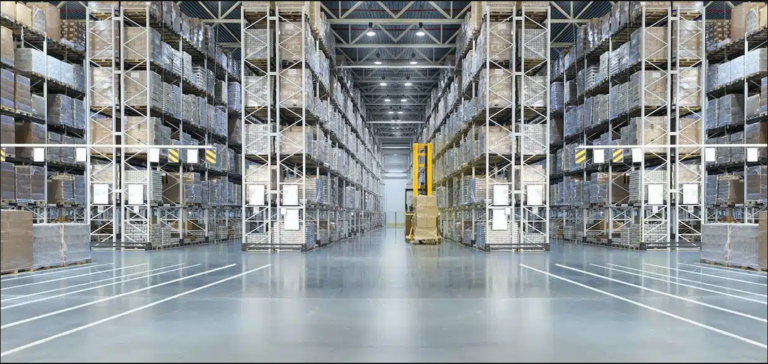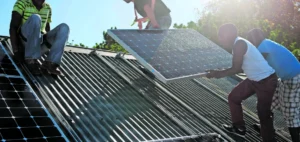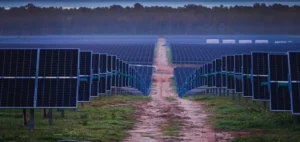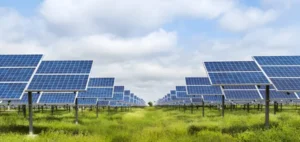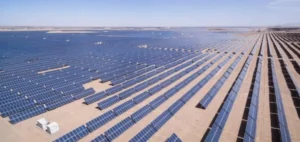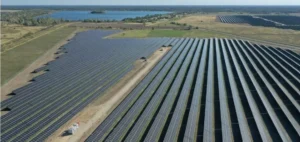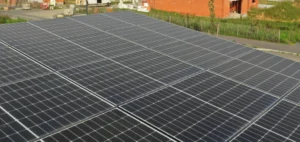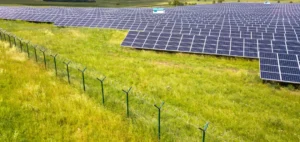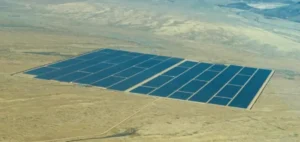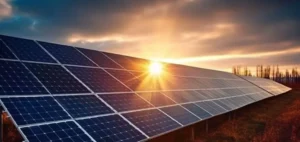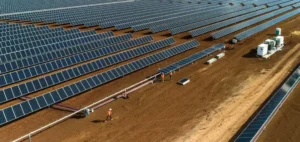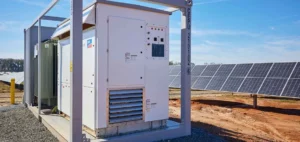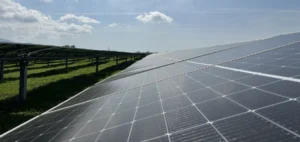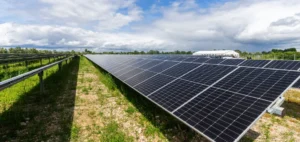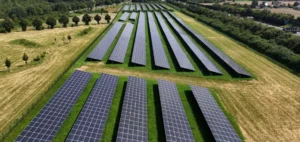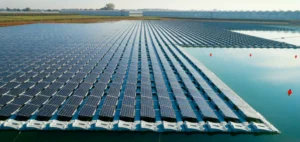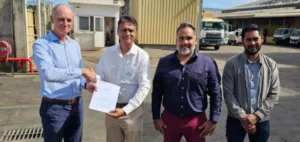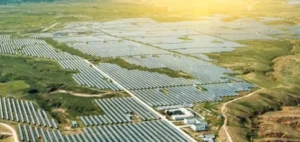French logistics warehouses, key elements in the supply chain, are making a massive commitment to the transition tosolar energy. In the near future, nearly five million square meters of photovoltaic panels will be installed. These can generate electricity equivalent to the annual consumption of 600,000 citizens. This revolutionary initiative is backed by the Afilog association, which brings together players in the logistics and industrial real estate sectors in France.
A Crucial Transition
These projects, mainly focused on warehouse roofs, are the fruit of a collective census by the association’s members. Ultimately, these new solar installations should provide a capacity of 1.2 gigawatt-peak, generating over 1,300 gigawatt-hours per year. A significant step forward, all the more crucial in today’s climate and energy emergency.
The importance of this approach is also in line with France’s energy objectives for 2035. The French Ministry of Energy Transition has launched multi-stakeholder working groups to double the rate of photovoltaic panel installation, targeting 5.5 gigawatts per year, with a particular emphasis on “large rooftops,” which should account for 25% of the total. The commitment of Afilog members would thus represent almost 5% of the national target for installed solar power and 20% of the rooftop target.
Voluntary and Proactive Engagement
This initiative is the fruit of voluntary, proactive collaboration between industry players and government departments. It’s important to note that for several years now, logistics warehouses have been involved in a movement to cover their roofs and parking lots. In fact, the 2021 Climate Law already requires 30% of roofs on new or refurbished warehouses to be covered. A “charter of reciprocal commitments” with the French government aims to achieve an even more ambitious target of 50%.
In addition to producing clean energy, this solar-generated electricity will supply surrounding communities and businesses, as well as charging stations for electric vehicles. Afilog is also calling for regulatory revisions to facilitate the local sale of energy, notably by relaxing the rules on quantities reinjected into the grid and increasing the limits on collective self-consumption.
A Sustainable Future for Logistics
For Claude Samson, Chairman of the association, logistics and industrial real estate can become a key pillar of France’s environmental transition. Not only does it help to cover energy needs, it also optimizes the flow of goods and supports the country’s re-industrialization. This thoughtful, concerted approach paves the way for a major transformation of the logistics sector, with solar energy becoming a central player in the national energy transition.

